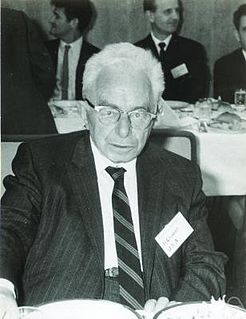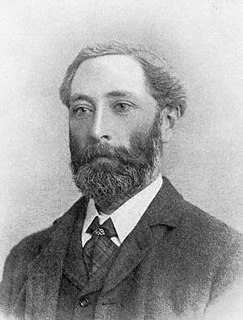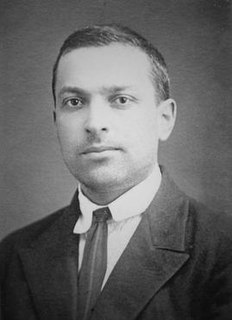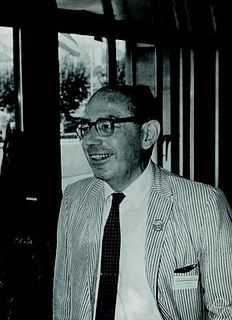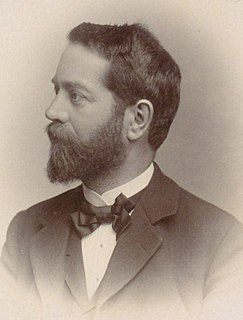Цитата Кита Уильямса
Ньютон, конечно же, был изобретателем дифференциального исчисления, поэтому его место в сказке совершенно особое.
Связанные цитаты
Предзнаменования принципов и даже языка исчисления [бесконечно малых] можно найти в трудах Непера, Кеплера, Кавальери, Паскаля, Ферма, Уоллиса и Барроу. Ньютону повезло, что он пришел в то время, когда все созрело для открытия, и его способности позволили ему почти сразу построить полное исчисление.
Да Винчи был таким же великим механиком и изобретателем, как Ньютон и его друзья. Тем не менее, беглый взгляд на его записные книжки показывает, что в природе его восхищало ее разнообразие, ее бесконечная приспособляемость, приспособленность и индивидуальность всех ее частей. Напротив, то, что делало астрономию удовольствием для Ньютона, было ее единством, ее единственностью, ее моделью природы, в которой разнообразные части были просто маскировкой для одних и тех же пустых атомов.
Затем последовали патентные законы. Они начались в Англии в 1624 году; и, в этой стране, с принятием нашей конституции. До этого [этих?] любой человек мог мгновенно использовать то, что изобрел другой; так что изобретатель не имел особой выгоды от собственного изобретения. Патентная система изменила это; закрепил за изобретателем на ограниченный срок исключительное право на использование его изобретения; и тем самым подлили масла в огонь интереса к гениальности в открытии и производстве новых и полезных вещей.
Арифметика начинается с целых чисел и продолжается последовательным расширением системы счисления рациональными и отрицательными числами, иррациональными числами и т. д. Но следующий вполне логичный шаг после действительных чисел, а именно введение бесконечно малых, просто пропущен. Я думаю, что в грядущие века в истории математики будет считаться большой странностью тот факт, что первая точная теория бесконечно малых была разработана через 300 лет после изобретения дифференциального исчисления.
Вы помните, что Ньютон был в ярости на Лейбница, потому что он одновременно разработал исчисление. И он пошел на смерть, полагая, что скопировал его. И нет, это потому, что все элементы были там, так что следующее открытие почти неизбежно — до тех пор, пока люди свободны и им разрешено экспериментировать и пробовать новые вещи.

